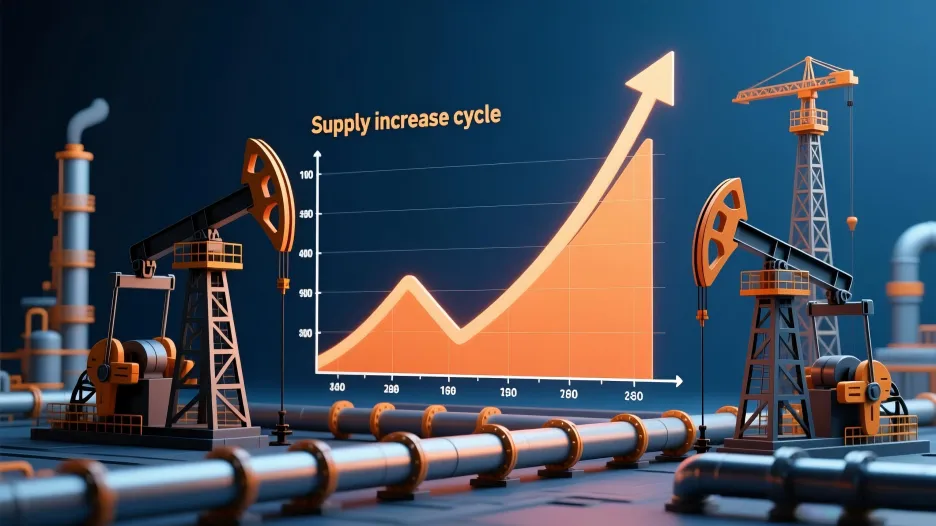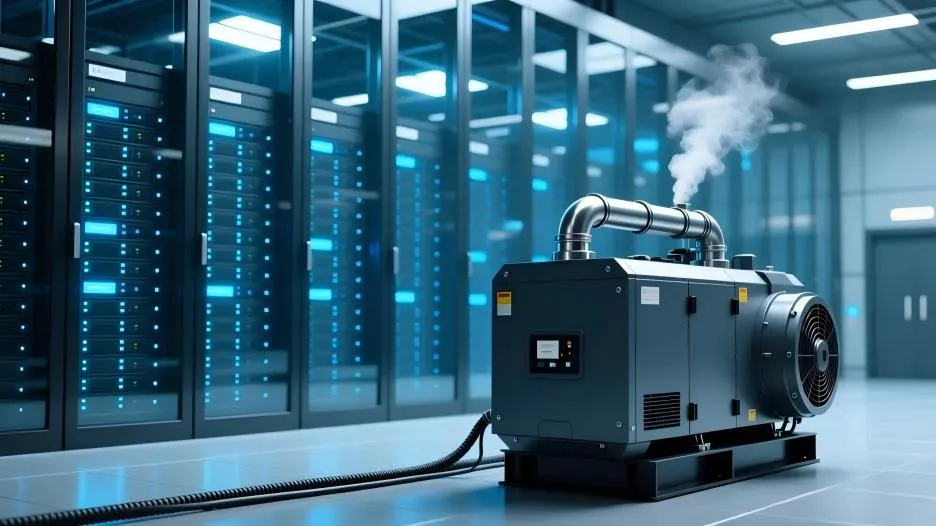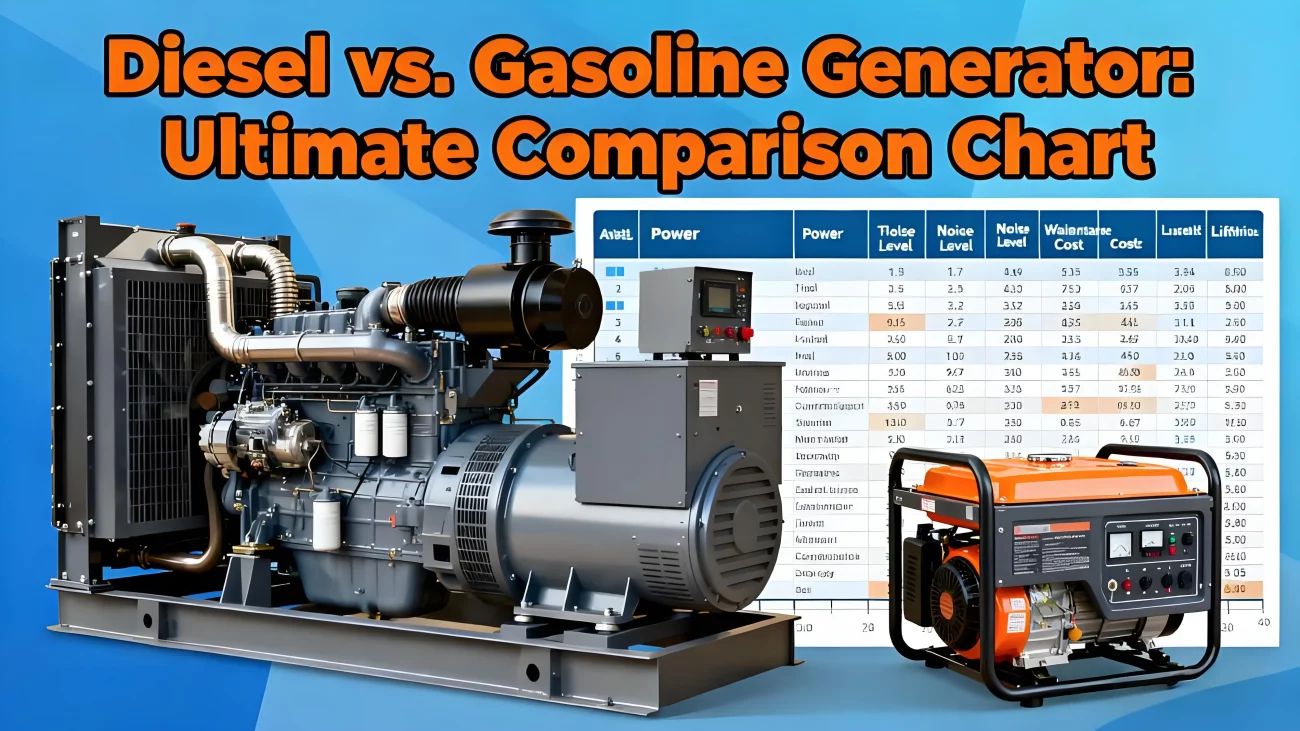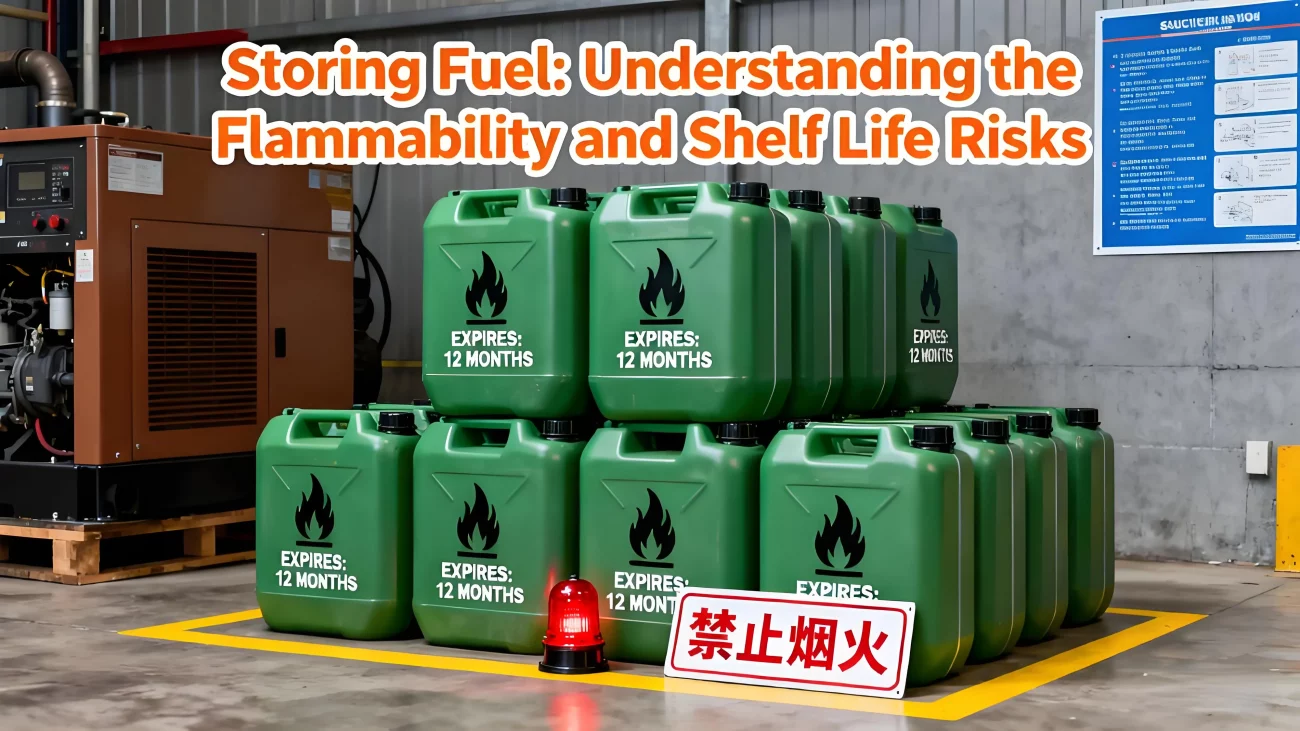The Green Transition: Emission Standards (Stage V, China VI) Reshape Generator Technology

The Regulatory Imperative
The global push for cleaner air is fundamentally reshaping the design and operation of diesel and gasoline generators. Stringent emission regulations are acting as the primary catalyst for technological innovation, forcing manufacturers to move beyond incremental engine improvements to adopt comprehensive after-treatment solutions.
These regulations are forcing manufacturers to move beyond incremental engine improvements to adopt comprehensive after-treatment solutions.
Core Compliance Technologies for Diesel
For diesel generators to meet the strict limits on Nitrogen Oxides (NOx) and Particulate Matter (PM), a suite of technologies has become mandatory:
Impact on Gasoline Generators
The regulatory pressure extends to gasoline engines as well, particularly in the commercial and industrial segments. Regulations are phasing out traditional carbureted engines in favor of Electronic Fuel Injection (EFI).
Beyond Compliance: Exploring Future Fuels
Looking ahead, manufacturers are exploring pathways to further decarbonize. Key areas of R&D include:
The New Normal
Compliance is no longer a niche feature but a baseline requirement. These technologies have increased the complexity, cost, and operational considerations for generator sets, but they represent the industry's essential and ongoing commitment to a more sustainable future.











